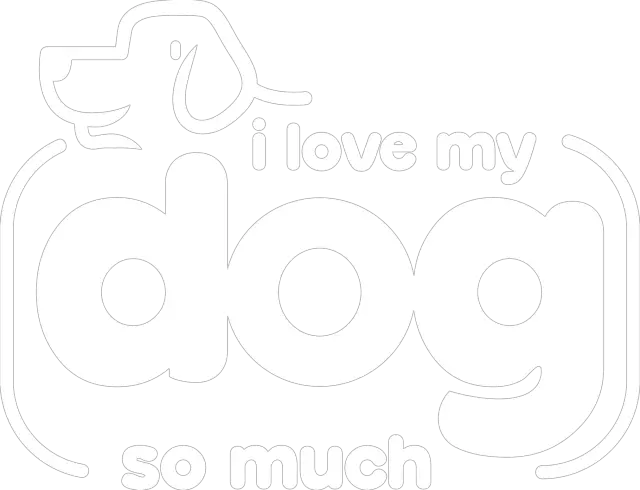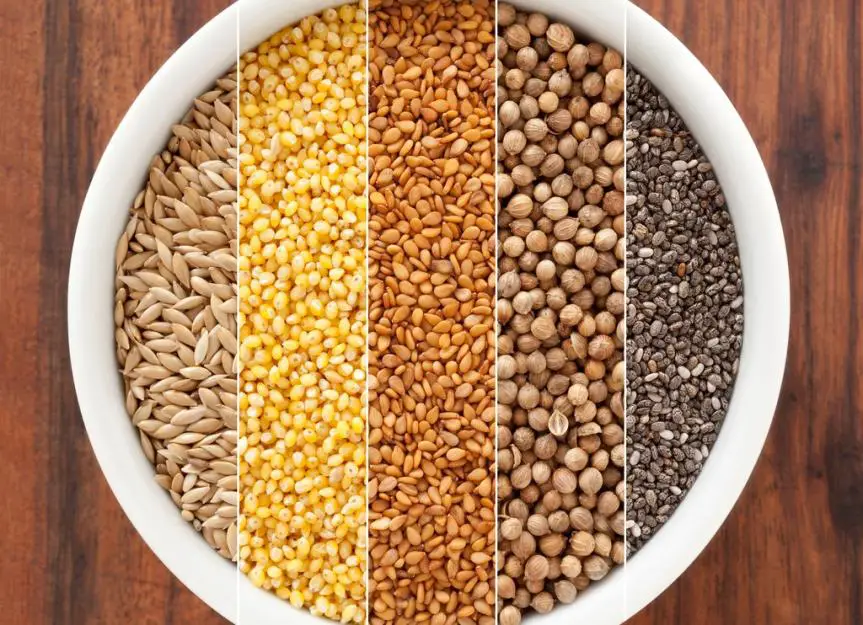As a responsible pet owner, it’s essential to know what goes into your pet’s food to ensure optimal health and well-being. With so many options on the market, it can be confusing to decipher pet food labels and understand the significance of various ingredients. This article aims to provide you with a comprehensive guide to pet food ingredients, helping you make informed decisions about your pet’s diet.
1. Proteins
Proteins are the primary building blocks of your pet’s body, playing a vital role in the growth and maintenance of muscles, organs, and other tissues. High-quality proteins should be the main ingredient in your pet’s food. Examples of good protein sources include:
- Chicken
- Turkey
- Beef
- Lamb
- Fish (e.g., salmon, herring)
- Eggs
It’s important to note that the quality of the protein source matters. Look for whole meat or meat meal (e.g., chicken meal, turkey meal) as the first ingredient in your pet’s food.
2. Fats
Fats provide energy, support cell growth, and help the body absorb essential nutrients. They also play a role in maintaining healthy skin and a shiny coat. Some common sources of healthy fats in pet food include:
- Animal fats (e.g., chicken fat, beef fat)
- Fish oils
- Vegetable oils (e.g., flaxseed oil, sunflower oil)
When choosing a pet food, ensure that it contains a named fat source, rather than a generic term like “animal fat” or “poultry fat.”
3. Carbohydrates
Carbohydrates are a source of energy for your pet and can also provide essential nutrients like fiber. Common sources of carbohydrates in pet food include:
- Grains (e.g., rice, barley, oats)
- Vegetables (e.g., potatoes, peas, carrots)
- Legumes (e.g., lentils, chickpeas)
Some pets may have sensitivities or allergies to certain grains. In such cases, grain-free pet food made with alternative carbohydrate sources can be a suitable option.
4. Vitamins and Minerals
Vitamins and minerals are essential nutrients that support various bodily functions, from immune system health to maintaining strong bones and teeth. Pet food should contain a balanced mix of vitamins and minerals, which can be sourced from both natural ingredients and added supplements. Some essential vitamins and minerals include:
- Vitamin A: Supports healthy skin, coat, and vision
- Vitamin D: Essential for bone and muscle health
- Calcium: Supports bone and teeth development
- Iron: Helps with red blood cell production and oxygen transport
5. Fiber
Fiber is essential for maintaining a healthy digestive system and can help regulate your pet’s weight. Good sources of fiber in pet food include:
- Beet pulp
- Rice bran
- Flaxseed
- Pumpkin
6. Preservatives and Additives
Preservatives and additives are often used in pet food to maintain freshness, enhance flavor, and improve texture. While some preservatives are natural and safe, others can be harmful to your pet’s health. Look for pet foods that use natural preservatives like mixed tocopherols (a form of vitamin E) or ascorbic acid (vitamin C).
Avoid pet foods containing artificial preservatives like BHA, BHT, or ethoxyquin, as these may have negative health implications.
Conclusion
Understanding pet food ingredients is crucial for maintaining your pet’s health and well-being. Always read the label and choose pet food with high-quality proteins, healthy fats, and a balanced mix of vitamins and minerals.









